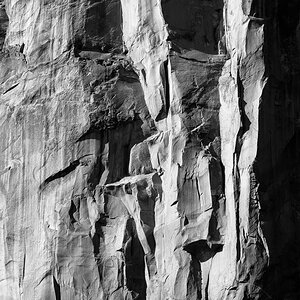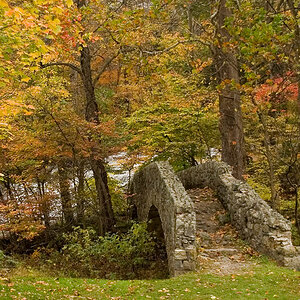mrca
No longer a newbie, moving up!
- Joined
- Mar 13, 2018
- Messages
- 872
- Reaction score
- 280
- Can others edit my Photos
- Photos NOT OK to edit
Smoke, have a couple 7 light selfies, and one of them took best in class and best in show in a competition. It hung in the Florida Museum of Photographic Arts last year so lots of folks saw it. I have a cell phone photo in the gym with a 30 something who wanted his picture with a 70 yr old guy a couple weeks out of a bodybuilding competition- won my class by the way. But I don't like my picture taken. The guys in the secret witness protection plan don't like it either
... just kiddin.
... just kiddin.


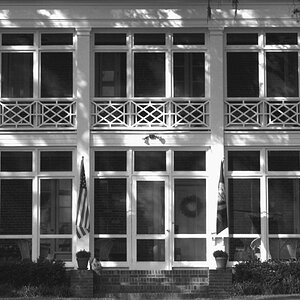
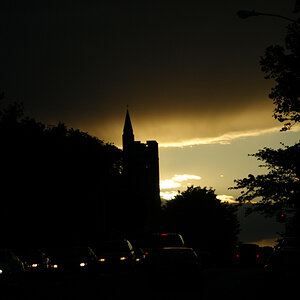
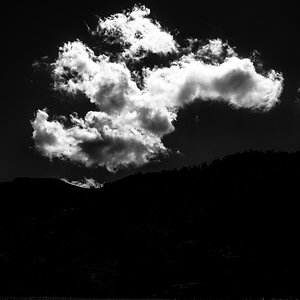


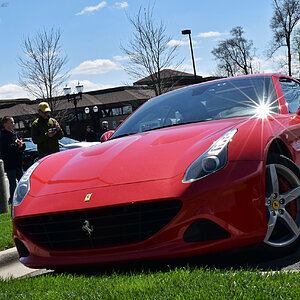

![[No title]](/data/xfmg/thumbnail/32/32160-4e45e524b050f1afae9fd21bf696d61b.jpg?1619735234)
![[No title]](/data/xfmg/thumbnail/31/31509-b8abaec96e6e375688e269bc89f47652.jpg?1619734858)
